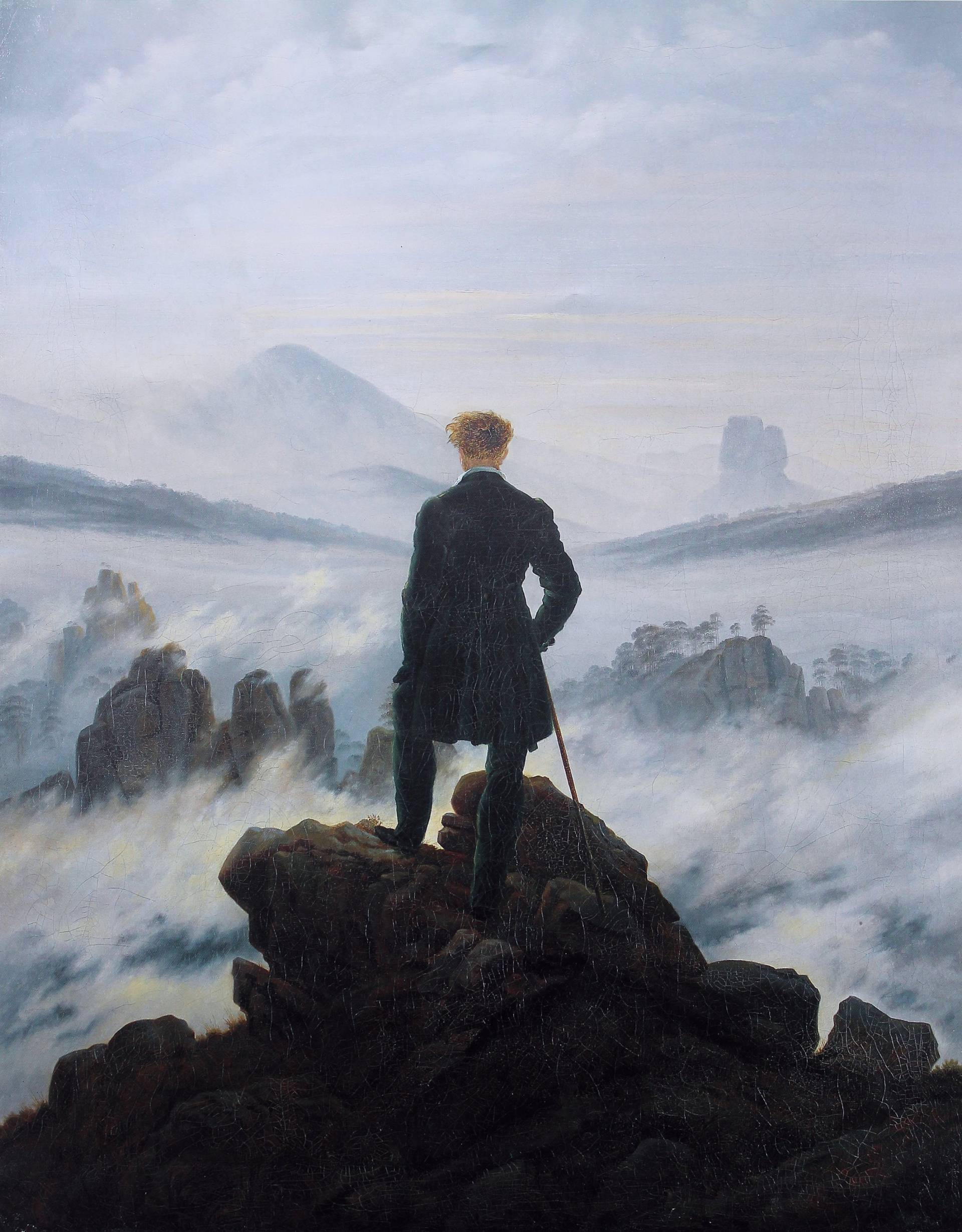Mindful
Diamond Member
- Banned
- #1
Often misunderstood as a call for a superior human ‘race’, Nietzsche’s Übermensch is actually a call for personal self-discovery and self-overcoming. This article discusses why the idea of the Übermensch remains so influential.
What would the best version of ‘you’ be like? And what do you need to do in order to become that version? Furthermore, what does ‘best’ actually mean? By what standards are you judging yourself? Does the best version of you mean the fastest, strongest, kindest, funniest, most intelligent, most artistic, most compassionate, most disciplined version? Or, out of all the possible values you could embody, are some more important or ‘better’ than others?
It is normative questions such as these that the brilliant 19th-century philosopher Friedrich Nietzsche investigated throughout his work, particularly with his character of the Übermensch — meaning ‘superman’, ‘overman’, or ‘beyond-man’.

 philosophybreak.com
philosophybreak.com
What would the best version of ‘you’ be like? And what do you need to do in order to become that version? Furthermore, what does ‘best’ actually mean? By what standards are you judging yourself? Does the best version of you mean the fastest, strongest, kindest, funniest, most intelligent, most artistic, most compassionate, most disciplined version? Or, out of all the possible values you could embody, are some more important or ‘better’ than others?
It is normative questions such as these that the brilliant 19th-century philosopher Friedrich Nietzsche investigated throughout his work, particularly with his character of the Übermensch — meaning ‘superman’, ‘overman’, or ‘beyond-man’.
What is the Übermensch?
The Übermensch is Nietzsche’s vision of what we each could be, were we not so bogged down by outdated religions and moralities.
Übermensch Explained: the Meaning of Nietzsche’s ‘Superman’ | Philosophy Break
Often misunderstood as a call for a superior human ‘race’, Nietzsche’s Übermensch is actually a call for personal self-discovery and self-overcoming. This article discusses why the idea of the Übermensch remains so influential.

